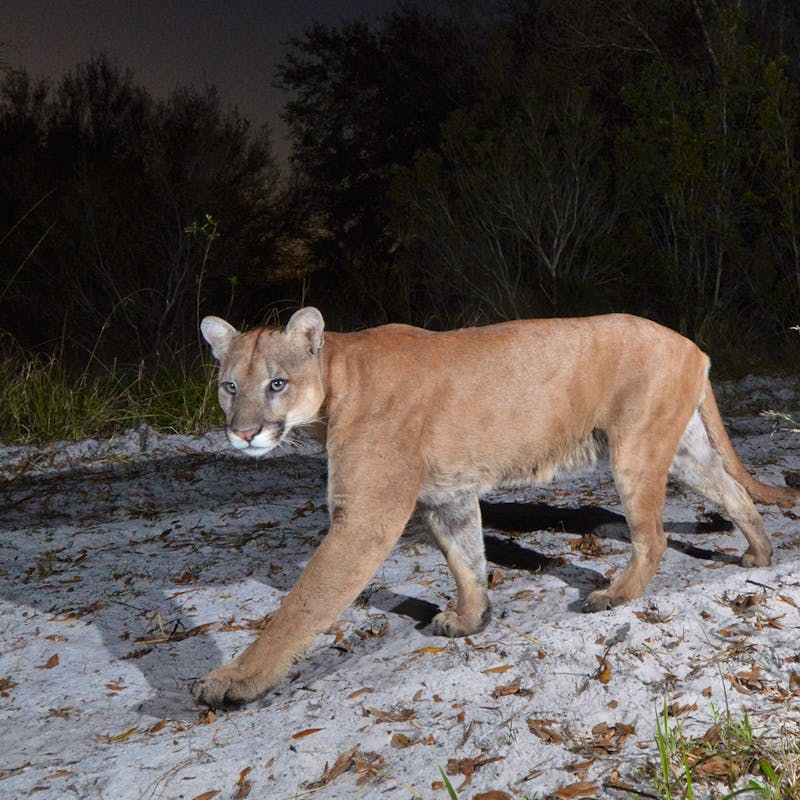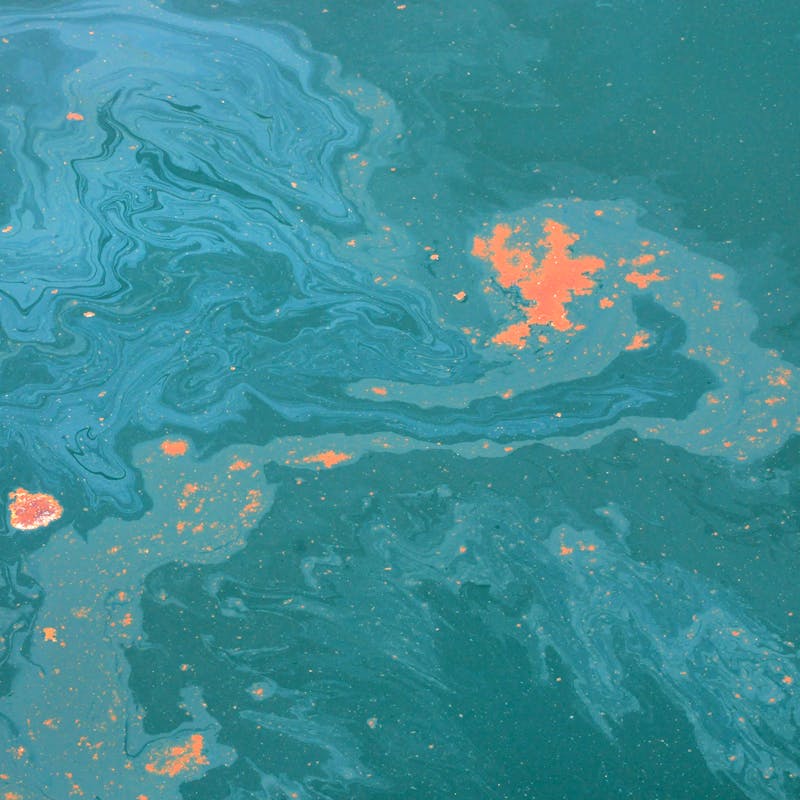Guest post by Nancy Gloman, vice president for Field Conservation at Defenders.
Florida is on pins and needles waiting to see whether oil will enter the Loop Current and make its way down the east side of the Gulf, around the Keys and along the Atlantic Coast. Much of my Tuesday morning in the Sunshine State was spent getting briefings on the status of the oil and on impacts to fish and wildlife. On one call, we heard from Jane Lubchenco, administrator of the National Oceanic and Atmospheric Administration (NOAA). To our dismay, she and her experts reported that a tendril of oil was headed down towards the Loop Current, which would carry it on to the Florida Straits. On a later call, representatives from the Fish and Wildlife Service (FWS) , NOAA Fisheries and National Park Service discussed existing and potential impacts to fish and wildlife.
We learned of 162 sea turtle strandings, a significantly higher number than from 2009; however, they are still investigating whether the strandings are due to the oil spill. The experts expressed concerns for deepwater communities such as corals and fish, and deepwater pelagic communities such as sea turtles. The FWS talked about three national wildlife refuges at risk: Breton, Bon Secour and Delta. They also reported that a total of 33 oiled birds had been found, with only 8 birds cleaned and 4 released.
In the afternoon, we took a tour of the Unified Incident Command Center recently set up in St. Petersburg. We were shown around by Jamie Serino and Ray Dempsey, contractors for BP. Our first stop was the Joint Information Center, which was filled with various agency representatives behind computers and phones. We met with Henry Norris from the Florida Fish and Wildlife Commission, who told us about oil spill contingency planning and showed us maps of sensitive areas.
Later, we were briefed by Lt. Crandall from the Coast Guard who is in charge of all the volunteer efforts. She clarified that volunteers are people that are not paid, in contrast to people who had volunteered to be paid by BP for cleanup, which she dubbed as “qualified community responders.” Subtle difference, but there is one. She also reiterated that people who were not paid would not be able to pick up oiled birds, tar balls or any oiled substances, regardless of the training they received. She acknowledged that there are a lot of people all over the country who want to do something and advised that they should contact the volunteer Florida website volunteerflorida.org or call the phone number set up by BP to recruit volunteers, (866) 448-5816.
To all of you who want to volunteer out there, please visit the following websites
- Louisiana: http://www.volunteerlouisiana.gov/
- Mississippi: http://www.volunteermississippi.org/1800Vol/OpenIndexAction.do
- Florida: http://www.volunteerflorida.org/
- Alabama: http://www.servealabama.gov/2010/default.aspx
There are many important things you can do besides clean oiled wildlife such as: volunteer for a beach cleanup before the oil hits the shore; provide supplies to your local wildlife rehabilitator; volunteer to fill in for rehabilitation staff when they go to a site to rescue wildlife; provide funding for travel for wildlife rescuers and rehabilitators and transportation of injured wildlife; or become a Coast Watcher and watch for any oiled wildlife, vegetation or beaches. We’re going to need all hands on deck.





Follow Defenders of Wildlife
facebook bluesky twitter instagram youtube tiktok threads linkedin